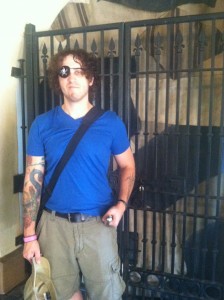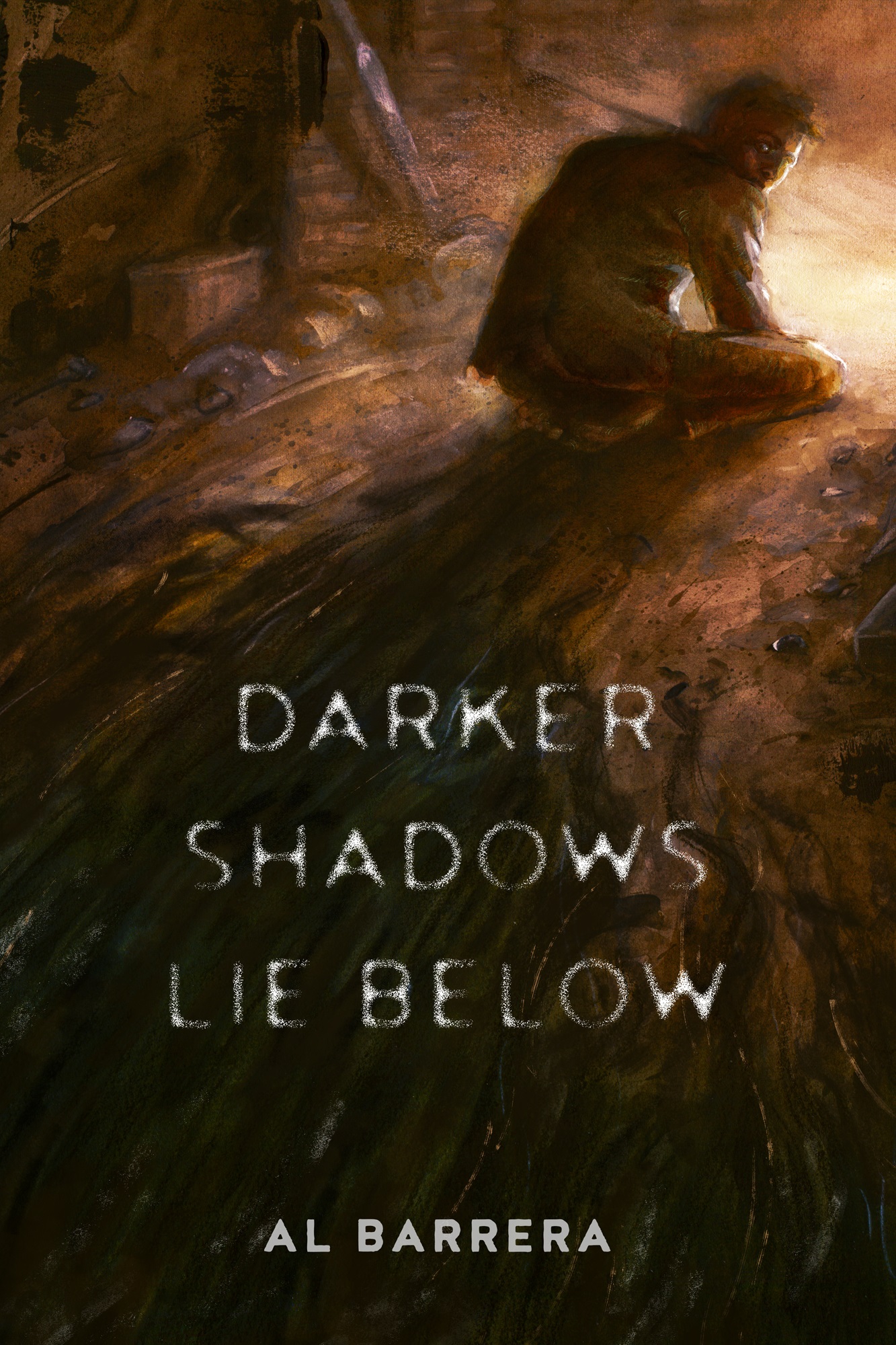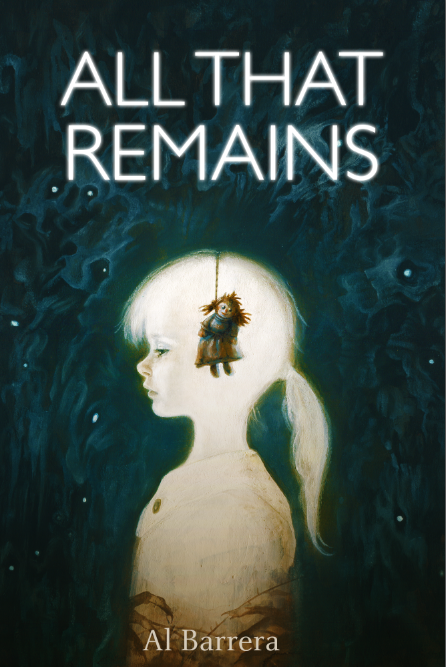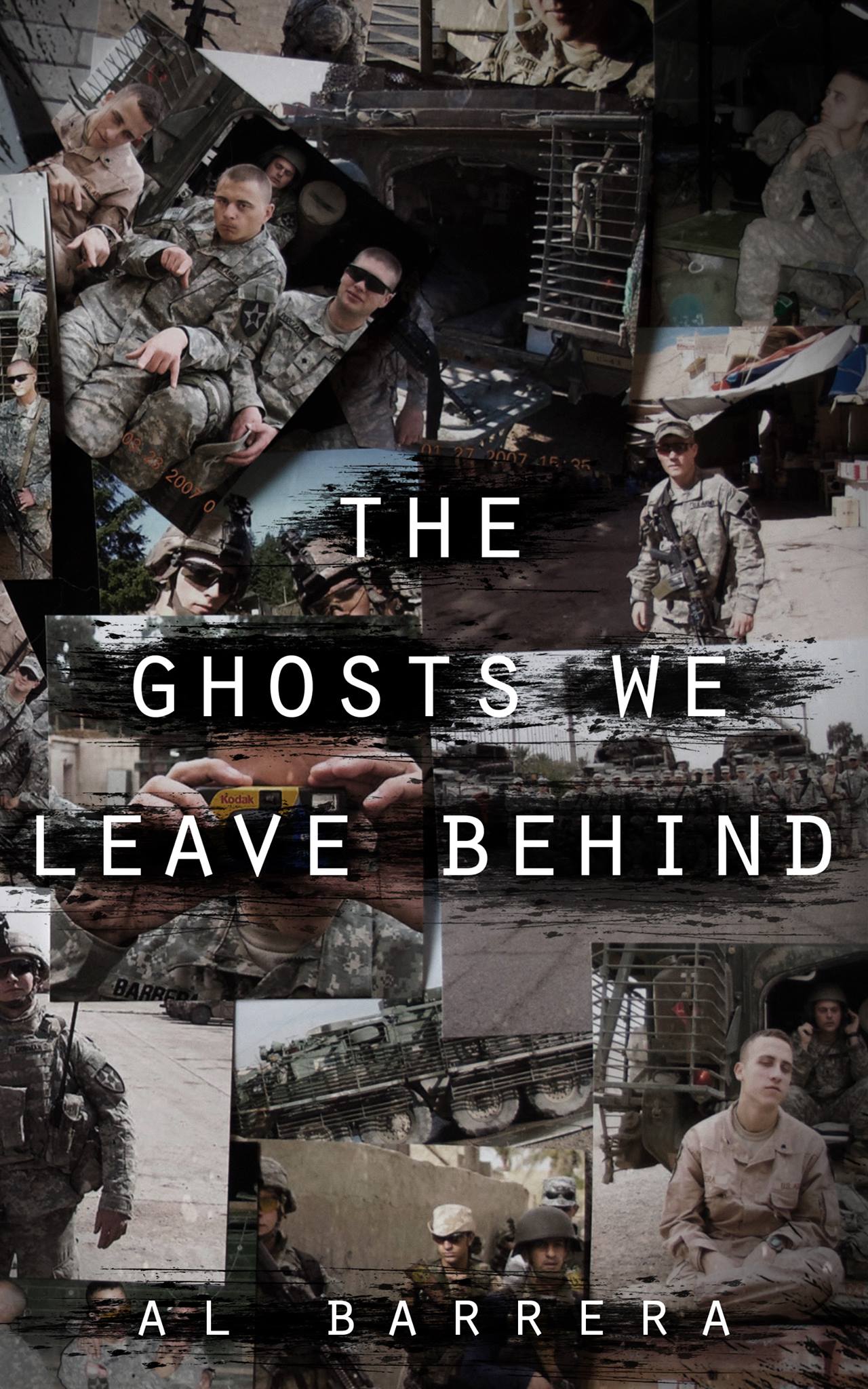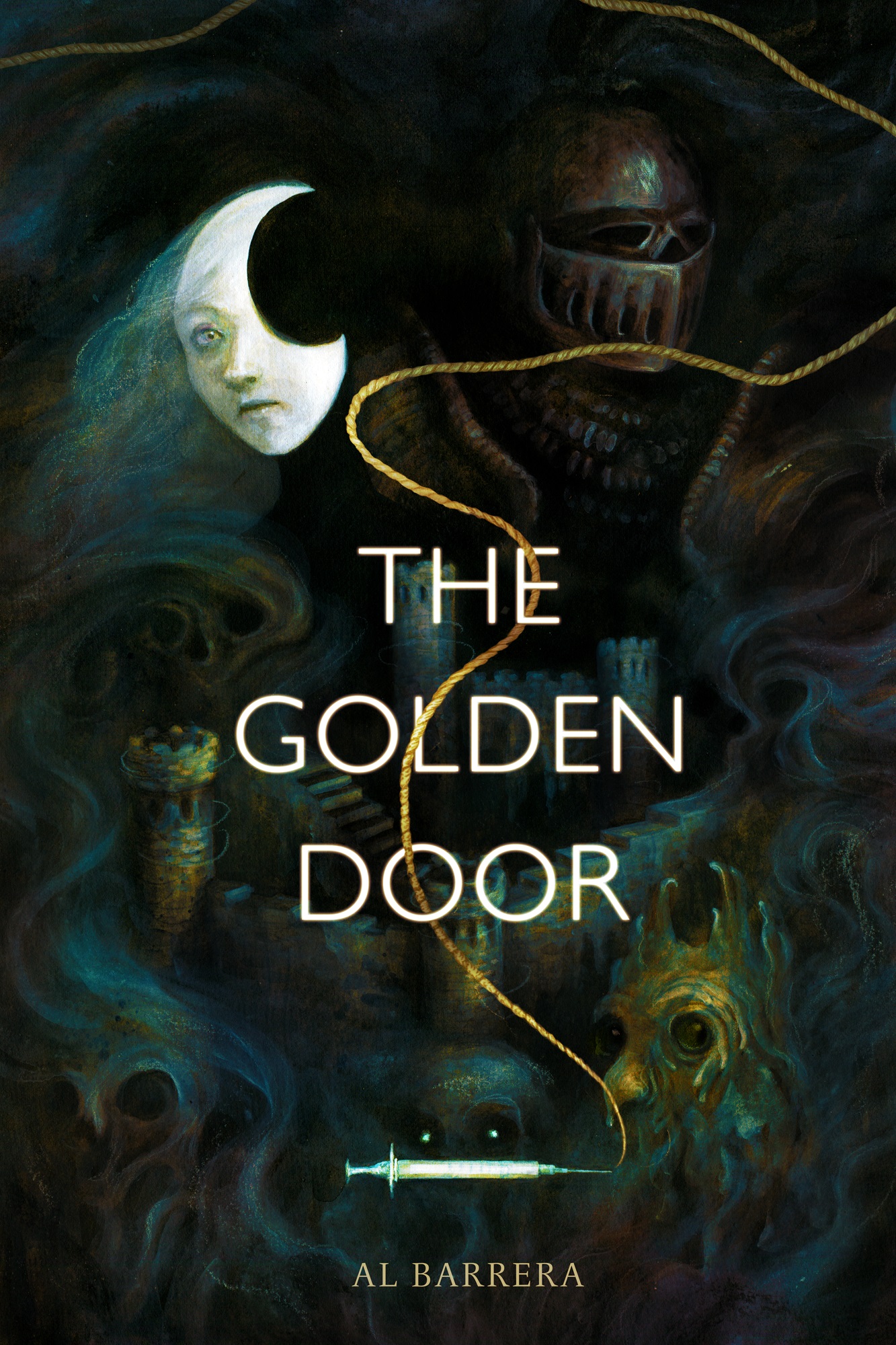I went to Disney World with my lady friend and her younger sister last week. I know, I know, adults who go to Disney are creepy. Fine. I’m creepy. I accept that. You may or may not be aware, but it’s the most magical place on Earth. Unless you’re a writer that can’t relax, then it’s just magically painful.
I liked the idea behind taking some time off. I had just finished the third draft of my first book, and it’s rapidly approaching publication. I’ve written over half of my second book, and I’m madly in love with it. (And I’m hoping that doesn’t mean it sucks.) It seemed like a good time to stop and take stock of my situation; enjoy a little rest before finishing book two and three. I was wrong. I couldn’t relax the whole time I was in Florida. I tried to work and failed. I didn’t have anywhere to be alone. (I hate writing with other people around.) I tried just taking notes, but that isn’t the same. It was like eating a pretzel when I wanted a steak. I came up with a few good ideas for future stories, but by and large I was a miserable bastard.
If you Google “How often should I write?” you’ll find the whole gamut of results. Some people, like Stephen King, will tell you to write every day. Dean Koontz is another daily writer. I know there are a dozen more I’ve heard of, but none of their names come to mind. Other writers will tell you that’s ludicrous. One guy wrote on his website that he only writes once or twice a week, but writes for twelve hours when he does it. Another lady I read about would rent a cheap motel room for a week and finish the book she was working on there, working from sunup to sundown. Patrick Rothfuss took 11 years to write The Name of The Wind, one of my favorite books.
When I started writing I was certain I was a daily writer. Why wouldn’t I be? Nobody ever takes days off when they’re serious about a career! (Silly, I know.) Once I started actually writing, I found this to be impossible. I couldn’t do it more than five days a week. I struggled to get 1000 words, let alone 2000 7 days a week, which was my initial goal. The book I thought would only take me two and a half months took four to write, and editing is taking about as long. But during that time a funny thing happened. It got easier. Every day I sat down the words came a little quicker than they did before. By the time August rolled around I could sit down and bang out 1000 words in 30-60 minutes every day, and most days I was getting between 1500-2000. Crazy, right?
And then Disney. I discovered that productivity is a double edged sword. Studies show that your level of stress after a vacation is actually higher than before. You get a little taste of the sweet life, but then you have to come back and catch up with the real world. A lot of people don’t like taking vacations. Looks like I’m part of that club. My idea of a good day is getting an article written on this website, doing some self promotion, and getting 2000 words down on paper. As it turns out, dicking around an amusement park is nowhere on that list. Not to say that I won’t ever go on a vacation again, I just won’t go on one that doesn’t afford me the chance to get some work done. You might be different. Maybe you’re one of those people that can write 5000 words every day. Maybe you only get 500 words three times a week. Maybe it’ll take you 11 years to write a book. Any of that is fine. Me? Daily writing from here on out.
But. BUT! I did get some very unflattering pictures of both myself and my girlfriend as pirates for your enjoyment, so there’s that. Here you go!
